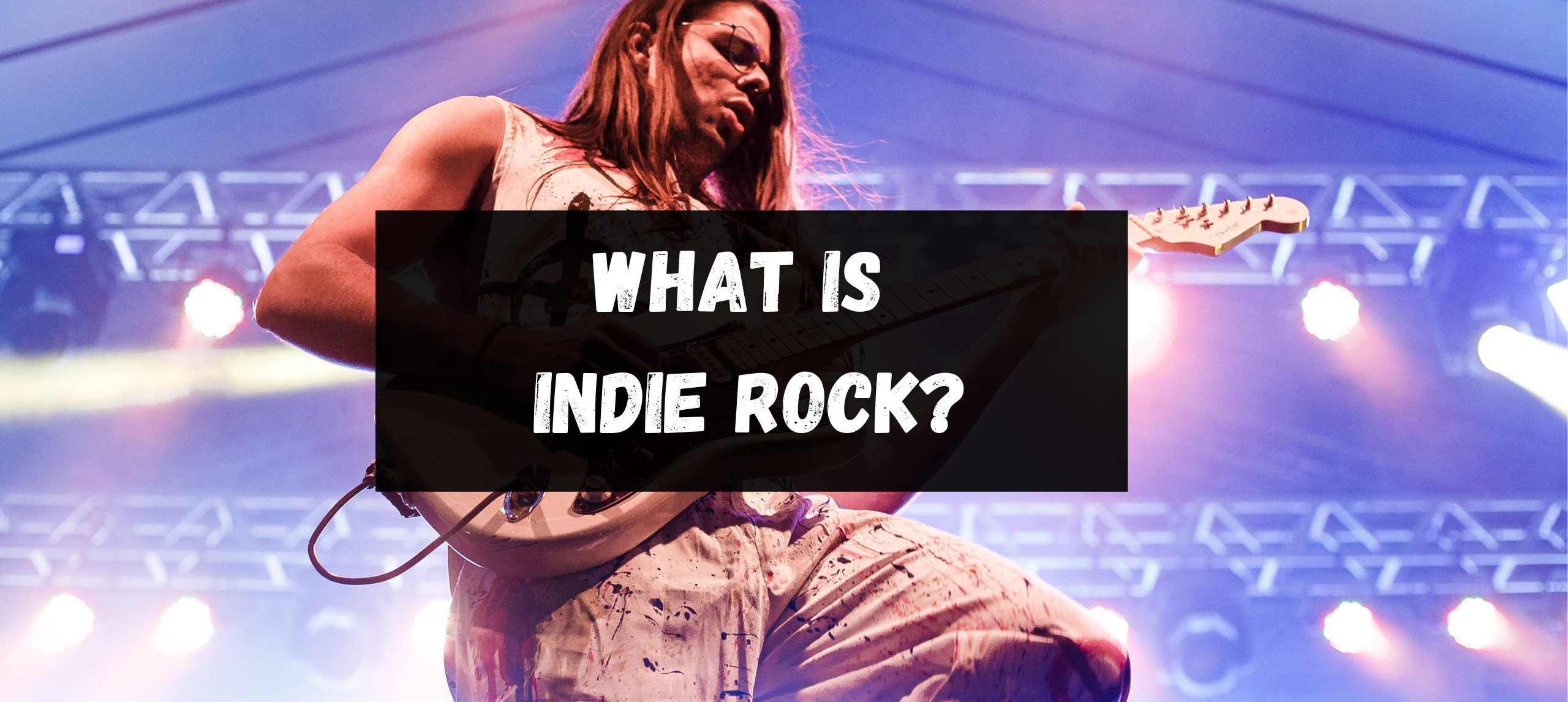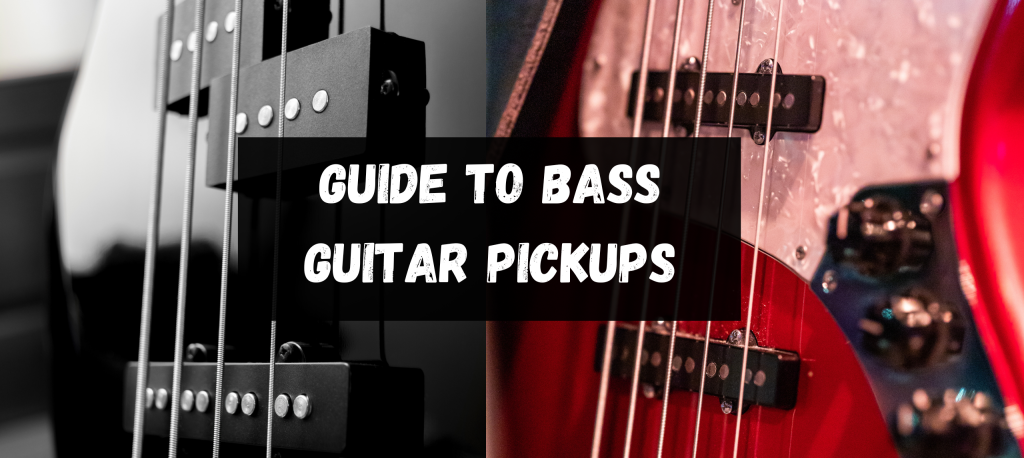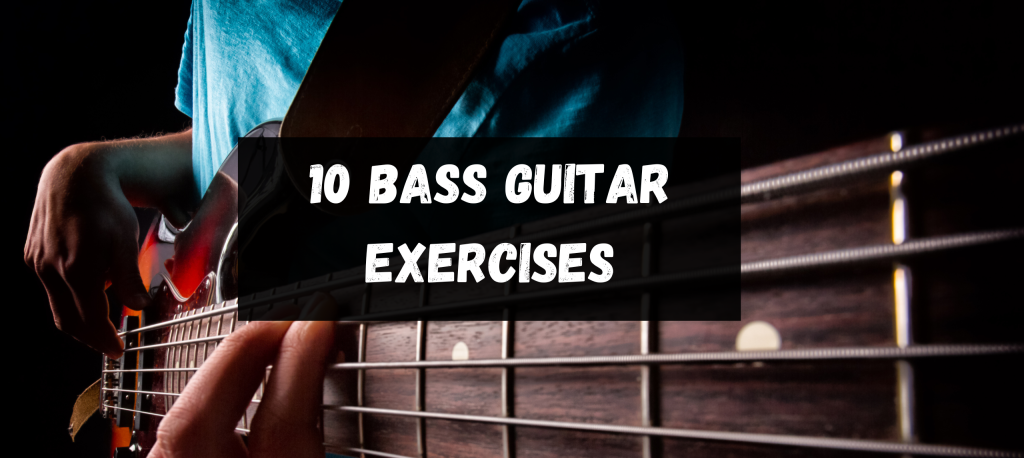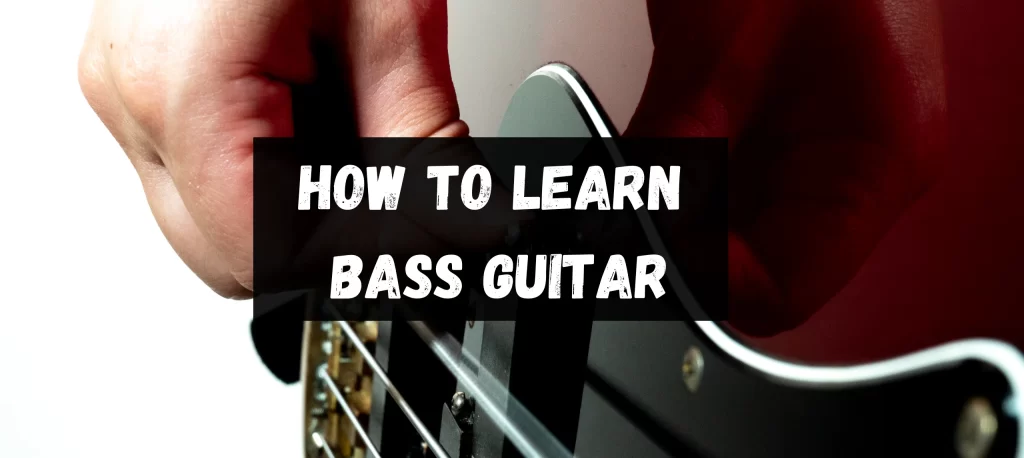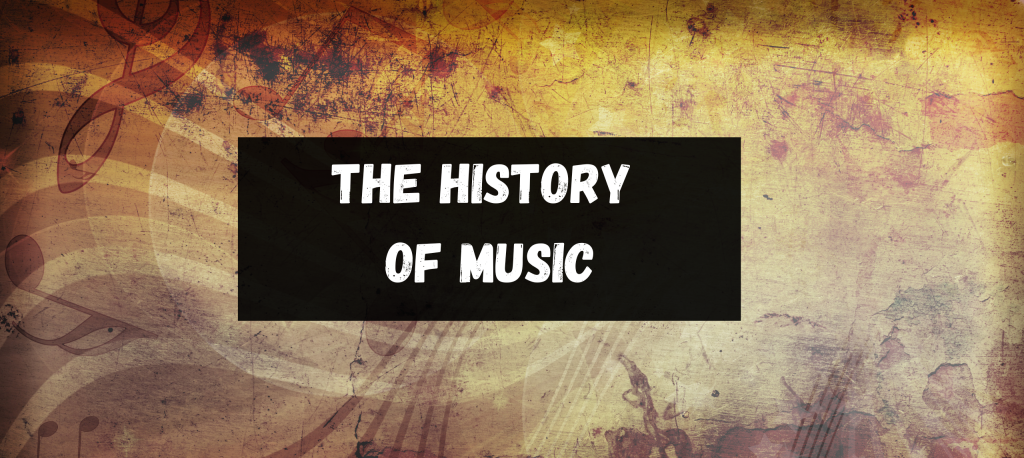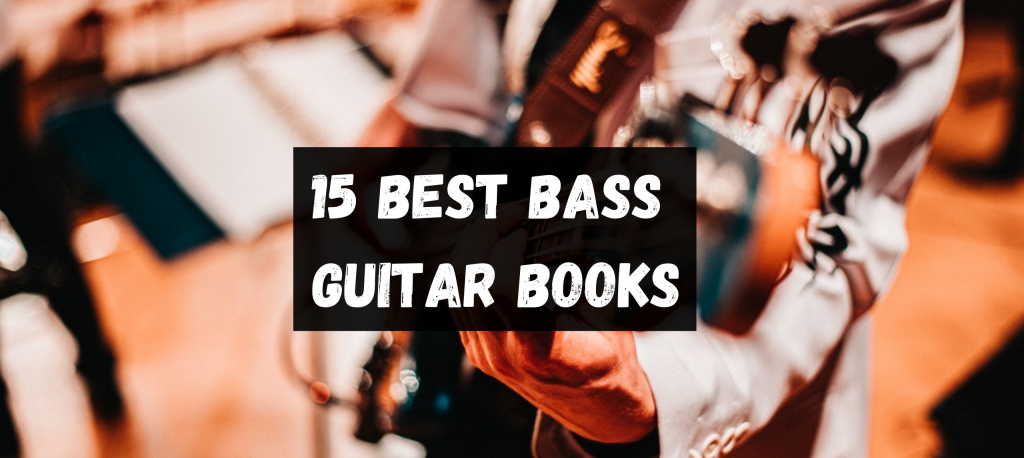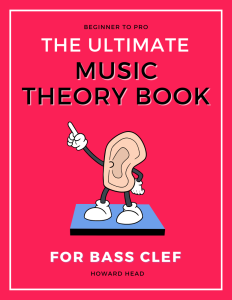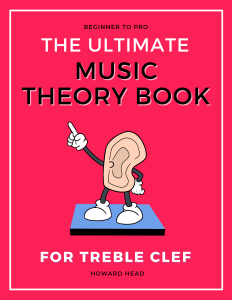August 24, 2023
Howard
Indie Rock music is a genre that originated from alternative rock in the 1980s, characterised by its independence from major commercial record labels and its embrace of a DIY ethos. It often features a diverse range of sounds, distinctive lyrics, and an emphasis on authenticity. Over the years, Indie Rock has become an integral part of the British music landscape.
So, if you’ve ever wondered about the heartbeat behind those edgy guitar riffs and evocative vocals, stay with us; we promise a musical voyage you won’t want to miss.
The Essence of Indie Rock Music
At its heart, Indie Rock music is more than just melodies and rhythms; it’s an ethos, an attitude. Emerging from the alternative rock scenes of the 1980s, ‘Indie’ was shorthand for ‘independent’ – a nod to the genre’s resistance to major commercial record labels. While it might have started as a countercultural movement, Indie Rock has, over the decades, woven itself into the fabric of the British music scene.
What truly sets Indie Rock apart are its distinguishing characteristics. Foremost among these is the authentic rawness of its sound. Indie Rock often shirks polished production for gritty, genuine recordings, unlike its commercial counterparts. The lyrics are another hallmark, usually introspective and poetic, reflecting the thoughts and struggles of a generation. The emphasis on authentic self-expression, both musically and lyrically, combined with a DIY approach, ensures that Indie Rock remains a beacon for those yearning for genuine, undiluted music.
Dive into its Roots: A Brief History of Indie Rock
The seeds of Indie Rock were sown in the rebellious soil of the 1980s, sprouting as a divergent offshoot from the mainstream alternative rock of the time. It wasn’t merely a sound but a movement underpinned by an ardent desire to maintain independence from major record labels. This defiant spirit facilitated a distinct artistic freedom, allowing bands to experiment and produce music that wasn’t diluted for mass commercial appeal. Britain’s rich history of groundbreaking music became a fertile ground for this evolution. From the jangling guitars of The Smiths to the raw melodies of The Stone Roses, the nation witnessed the emergence of iconic bands that would come to define the genre.
Indie Rock’s impact on British popular culture has been profound. Its ethos of genuine expression resonated with a generation weary of over-produced chart hits. Indie became synonymous with authenticity, influencing music, fashion, film, and art. From underground club nights in Manchester to iconic Indie anthems reverberating through the streets of Camden, its cultural footprint was undeniable. Indie Rock didn’t just offer songs; it provided an anthem for those who dared to be different.
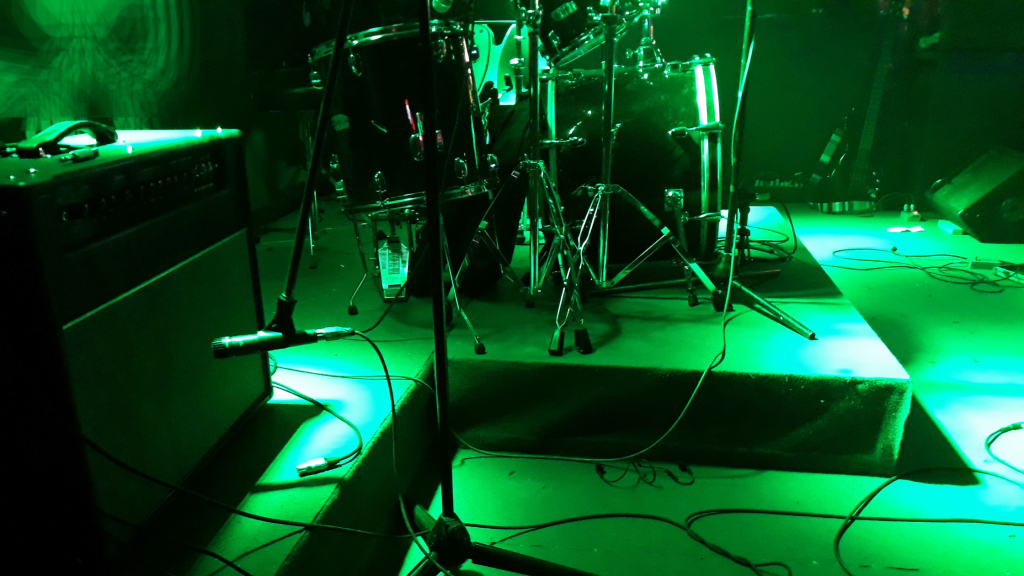
Experience the Sound: Highlighting Iconic Indie Rock Tracks
With its diverse range of sounds and moods, Indie Rock has given us tracks that have resonated deeply, becoming mainstays on many a British playlist. Let’s journey through a curated list of Indie anthems, each echoing a unique emotion, each narrating a distinct story.
“Soulful Rhythms”
Delving into “Soul Meets Body” by Death Cab for Cutie; we’re met with a harmonious blend of poetic lyricism and lyrical melodies. This track encapsulates the quintessential Indie feel, portraying a deep yearning with a comforting resonance.
“Cool Sunset Vibes”
The Arctic Monkeys hailing from Sheffield stormed the Indie scene with unforgettable tracks. “When the Sun Goes Down” paints a vivid picture, perfectly capturing the essence of British suburban life, blending gritty narratives with infectious rhythms.
“Nostalgic Waves”
Weezer’s “Say It Ain’t So” might hail from across the pond, but its influence on the British Indie scene can’t be understated. A track laden with powerful guitar riffs and emotionally-charged vocals, it’s a trip down memory lane, evoking images of teenage angst and longing.
… and the list continues, each track is a testament to Indie Rock’s powerful impact and ability to capture the listener’s heart and soul.
Meet the Legends: Pioneering Indie Rock Bands
Whilst being a collective voice of rebellion and authenticity, the Indie Rock genre has been shaped and honed by a few trailblazing bands. These legends, each with their distinct sound and style, have left an indelible mark on the musical landscape, crafting the very ethos of Indie Rock as we know it today.
Nirvana – The Grunge Revolution
Hailing from the rainy climes of Seattle, Nirvana might seem an odd fit in a discussion centred around British Indie Rock. Yet, their influence is undeniable. With raw, powerful tracks like “Smells Like Teen Spirit”, they championed the grunge movement and seeped into the fabric of British rock, inspiring countless bands and bridging the transatlantic musical divide.
Arctic Monkeys – UK’s Indie Rock Sensation
The lads from Sheffield stormed into the scene in the mid-2000s, armed with sharp lyrics that perfectly captured the zeitgeist of British youth. From tales of raucous nights out to incisive social commentary, Arctic Monkeys encapsulated the essence of modern British Indie Rock. Their meteoric rise, from playing in dingy clubs to headlining Glastonbury, is a testament to their unparalleled impact on the genre.
… And as we delve deeper, we encounter myriad bands, each contributing a unique chapter to the Indie Rock story.
It’s more than just music; it’s a movement, a legacy. These pioneering bands not only defined a genre but also became the soundtrack to a generation. Their influence reverberates through the annals of British rock history, reminding us of the power of authenticity and passion in music.
Label Dynamics: Indie vs. Major
The music industry’s multifaceted layers and complexities are profoundly shaped by the battle of labels: Indie versus Major. Both have their merits and drawbacks, and both have been instrumental in shaping the careers of countless artists. But what distinguishes one from the other? And why do some artists deliberately choose the Indie route?
Understanding Major Labels
Major labels, often called the ‘big guns’, typically possess the financial muscle and vast networks to catapult artists into superstardom. These giants – think EMI, Warner, and Universal – have the infrastructure to handle every aspect of an artist’s career, from recording to promotion, tours to merchandise. While they offer extensive resources, the cost often comes in the form of creative control and hefty cuts from artists’ profits.
The Spirit of Independent Labels
Indie labels operate on a different frequency. They’re often borne out of love for music rather than purely commercial pursuits. With a focus on artistic integrity and creative freedom, these labels offer musicians the space to experiment and evolve without the pressing demands of commercial viability. Though they might lack the financial clout of major brands, they compensate with a personal touch, often fostering tight-knit communities and nurturing talent rather than dictating terms.
The Indie Choice: Why go independent?
Opting for an independent label isn’t merely about finances or creative freedom; it’s an ethos. For many artists, it’s about retaining their authentic voice, prioritising their vision over mainstream demands. Being Indie often means closer connections with fans, rawer live gigs, and the joy of crafting music without external pressures. It’s about embracing the journey, with all its challenges, while staying true to one’s musical soul.
In the ever-evolving music industry landscape, the label an artist chooses can profoundly influence their trajectory. While significant brands provide the allure of stardom, independent labels promise authenticity and intimacy. The choice, as they say, is in the hands of the artist.

Empowering the Indie Artist
Unlike its commercial counterparts, The Indie Rock realm isn’t just about producing hits; it’s about building communities, nurturing talents, and championing the underdog. This world offers challenges and opportunities for emerging Indie artists to shine, connect, and evolve.
Collaborative Opportunities within the Indie Rock Community
At the heart of the Indie Rock ethos lies collaboration. The scene is replete with artists, bands, and enthusiasts eager to create, experiment, and push boundaries together. From spontaneous jam sessions in local pubs to collaborative gigs, the community thrives on sharing ideas and the fusion of sounds. For a budding artist, this collaborative spirit provides the chance to learn, adapt, and forge connections that can last a lifetime.
Popular UK Indie Rock Festivals
- Reading & Leeds Festival: These twin festivals, held in Reading and Leeds during the August bank holiday weekend, are among the UK’s most famous rock festivals. They often feature a mix of genres, but indie rock has a significant presence.
- Latitude Festival: Located in Henham Park, Suffolk, Latitude boasts a diverse lineup that includes indie rock bands, along with folk, pop, and other genres. It’s also known for its arts and literary programs.
- End of the Road Festival: Taking place in Larmer Tree Gardens, Dorset, this festival has a reputation for showcasing some of the best indie and alternative acts from around the world.
- Green Man Festival: Located in the Brecon Beacons, Wales, Green Man offers a blend of indie, folk, and psychedelic bands in a stunning setting.
- Field Day: Typically held in London, Field Day has become a staple for indie and alternative music lovers. Over the years, it’s featured a mix of cutting-edge artists and established acts.
- Truck Festival: Located in Oxfordshire, Truck Festival is often referred to as “the Godfather of the small festival scene” and features a strong lineup of indie rock acts.
- Dot to Dot Festival: This city-based festival takes place across multiple venues in Manchester, Bristol, and Nottingham over a single weekend. It’s known for showcasing emerging indie talent.
- The Great Escape: Held in Brighton, this festival is all about showcasing new music, including a hefty dose of indie rock acts. It’s spread across various venues in the city.
- Liverpool Sound City: Held in the Baltic Triangle area of Liverpool, this festival celebrates indie rock alongside other genres and has a reputation for spotlighting emerging talent.
Famous UK Indie Rock Venues
- The 100 Club (London): One of London’s most iconic venues, it has hosted everything from punk to indie over the decades.
- The Leadmill (Sheffield): A central pillar of Sheffield’s music scene since the ’80s, this venue has seen performances from many notable indie acts.
- The Brudenell Social Club (Leeds): A favourite for many touring bands, Brudenell offers a mix of up-and-coming and established indie acts.
- The Joiners (Southampton): Known for hosting early gigs by many bands who later went on to become big names in indie rock.
- Thekla (Bristol): A unique venue that’s actually a boat, Thekla has been an essential stop for indie bands touring the UK.
- King Tut’s Wah Wah Hut (Glasgow): A legendary venue in Scotland’s music scene, it’s famously where Oasis were discovered.
- Night & Day Cafe (Manchester): Located in Manchester’s Northern Quarter, this venue has been a mainstay of the indie scene since the ’90s.
- The Cluny (Newcastle): Situated in the Ouseburn Valley, The Cluny is a hub for indie and alternative music in the North East.
- Moles Club (Bath): This intimate venue has hosted numerous indie bands over the years, and it’s known for its underground charm.
- The Wedgewood Rooms (Portsmouth): A staple for indie rock, this venue has seen countless acts pass through on their way to stardom.
- Jericho Tavern (Oxford): With historical significance for acts like Radiohead, this venue holds a special place in the indie world.
- The Sugarmill (Stoke-on-Trent): Known for its lively atmosphere and dedication to showcasing emerging talent in the indie scene.
- The Hare & Hounds (Birmingham): An iconic venue in Birmingham, it has a rich history of hosting influential indie acts.
And there are many many more independent music venues out there! For my master’s dissertation, I actually wrote about grassroots venues, and you can find this here: An Investigation into Consumer Motives Behind Attending Grassroots Music Events in the UK.
Key Strategies: From Distribution to Licensing
Going Indie often requires wearing many hats. Beyond the artistry, there’s the business of music. Distributing one’s music, especially in today’s digital age, can seem daunting. However, platforms tailored for Indie artists, like Bandcamp or SoundCloud, offer accessible avenues to reach audiences worldwide. Licensing, too, is crucial. It ensures that artists are compensated for their work, whether played in a café in Camden or a series on the BBC. Partnering with the proper agencies or understanding the nuances of copyright can turn passion into a sustainable profession.
Promotion: Amplifying the Indie Voice
In the din of the music industry, making one’s voice heard is a challenge. But, with the right promotional strategies, even an Indie artist can make a significant mark. Utilising social media platforms, engaging with fans directly, or even starting a YouTube channel can boost visibility. Additionally, leveraging local radio stations, Indie music blogs, or getting involved in live sessions can amplify one’s reach, bringing the music to loyal fans and new listeners.
Empowerment in the Indie Rock world isn’t merely about individual success; it’s about lifting the community. As artists navigate this journey, they’re not just crafting their narratives but also contributing to the rich, vibrant tapestry of Indie Rock. It’s a space where passion meets purpose, and every chord, lyric, and beat resonates authentically.
Concluding Notes: The Continual Rise of Indie Rock
As the sun sets over the iconic skyline of British towns and cities, the melodies and rhythms of Indie Rock continue to serenade our evenings. This genre, which began as a whisper among niche communities, has burgeoned into a roar that’s echoed across the globe, painting our musical landscape with strokes of authenticity and passion.
Reflecting on its journey, Indie Rock has transitioned from dimly lit basements and backstreet pubs to the main stages of festivals and arenas. But throughout its evolution, the genre has clung fiercely to its core values: the championing of raw talent, the celebration of individuality, and a dedication to true, unfiltered expression.
Its impact on the broader world of music is undeniable. Indie Rock has challenged conventions, bridging gaps between genres and even continents. It’s inspired artists in corners far and wide, urging them to delve deep into their souls, shun the generic, and embrace the authentic. This ethos and a relentless drive have ensured that Indie Rock isn’t merely a passing trend but a resilient force in the musical spectrum.
In the years to come, the chords and choruses of Indie Rock might evolve, and new faces might grace its stages. Still, its spirit, that quintessential blend of rebellion, passion, and authenticity, will undeniably continue to leave an indelible mark on the annals of music history. The rise of Indie Rock isn’t a fleeting ascent; it’s a perpetual climb, scaling ever-greater heights in the music world.
Wondered, what is rock music? What is Alternative Rock music? What is Grunge music? What is Shoegaze music? What is Post-Rock music?
Get Your Peepers At These!

Howard Head
I turn confused bass enthusiasts into bass gods through a simple and logical process.


